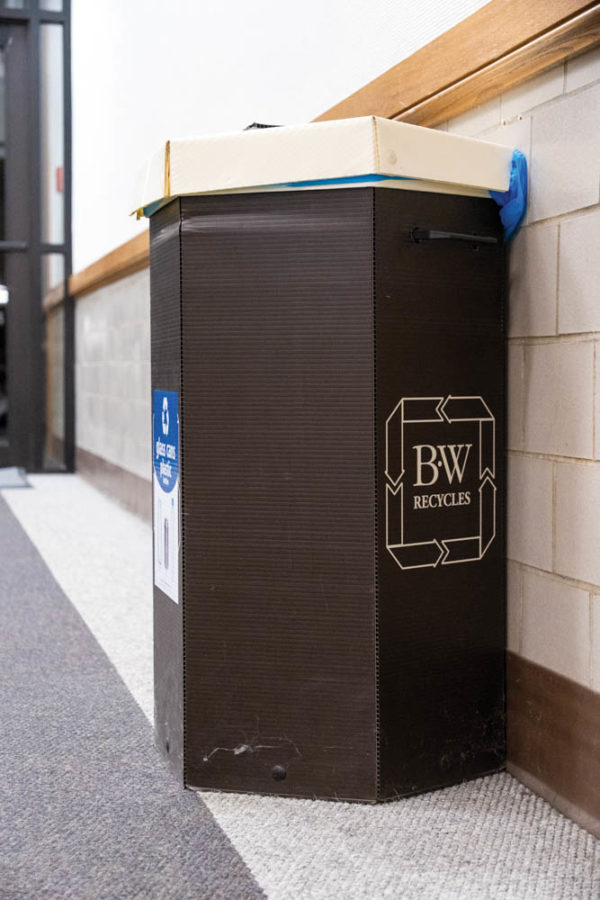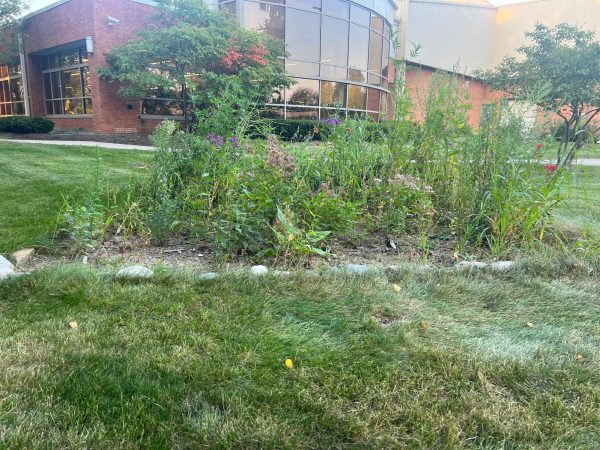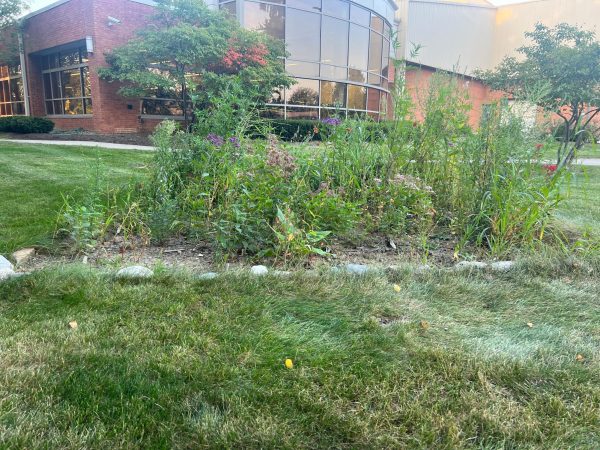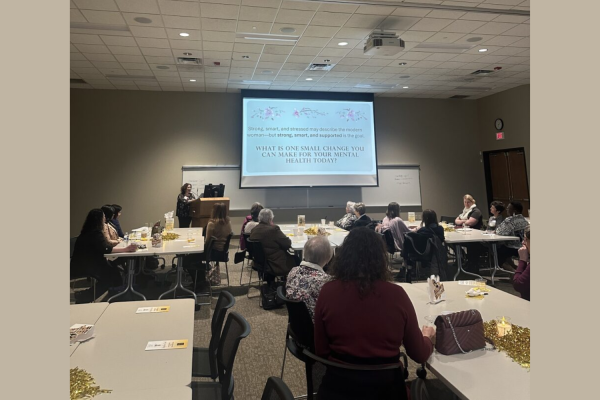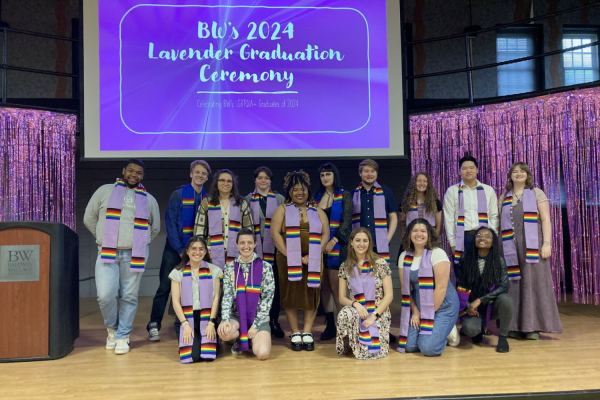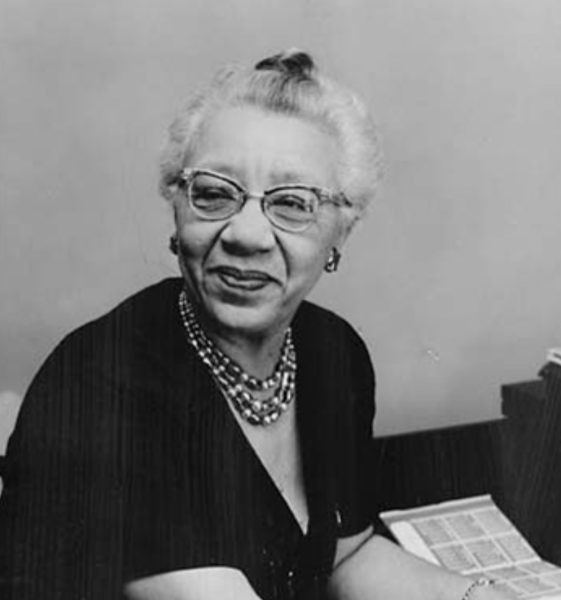BW dorms lack sustainability: recycling, automatic lights, water usage and more
Environmental consciousness is a large-scale issue; however, the impact of dorming is not only a reflection of the university but also of the residents.
In the past years, Baldwin Wallace has implemented rules to promote sustainable living in its residence halls, but recycling measures and other sustainable actions have yet to become widely adopted by students across the University’s dormitory halls.
“[We] have to implement a seed … that this is how we can make our Earth better and continue on for ourselves,” said Solé Hall-Hamilton, senior resident assistant of Carmel Living Learning Center.
Robin Gagnow, BW’s residence life operations manager, leads BW’s involvement in a Campus Race to Zero Waste program. This program measures how many bags of trash are collected in relation to how many bags of commingled — those of bottles, cans and paper — recyclables are collected.
Baldwin Wallace ranks fifth among about seventy schools with 2,500 to 7,000 students participating in the Campus Race to Zero Waste program
Around 2008, Baldwin Wallace received a grant to add recycling containers in each residence hall. Over the years, BW also received grants to place Slim Jim recycling cans — ones used to dispose of paper — across campus.
Despite BW’s relatively high ranking in Campus Race to Zero Waste, students should still be mindful of their recycling habits, said Gagnow.
“When [students] have something like one of those cups from Starbucks, all they have to do is rinse it out and recycle,” Gagnow said. “Leaving in strawberries or other non-recyclable [material] contaminates what’s recycled.”
Dorm rules at BW have emphasized that refrigerators must be plugged directly into the wall and there currently are restrictions on types of plugs to reduce the amount of energy being used.
It is up to students to unplug extra electronics and turn off lights while not in their dorms, said Ash Senn, a sophomore resident assistant of North Hall.
Automatic lights in some bathrooms have been installed and incandescent lightbulbs have been replaced with LEDs to reduce energy production. Yet, some students still do not turn off these lights upon leaving.
“[The lights] just have a push button,” Senn said. “It’s not even a flick. It takes even less energy to turn that off.”
Water usage is also a focus when living a sustainable lifestyle. It is easy to get into the habit of taking long and frequent showers, but being mindful of shower length can reduce water waste, Hall-Hamilton said.
In some dorm halls, such as North Hall, some residents have even left the water running completely unattended, Senn said.
Laundry usage is also a topic of discussion. Because laundry facilities are covered in BW tuition, rather than paying upon usage, some students overuse or neglect washing machines and dryers.
In some instances, students may use two washing machines and proceed to try to fit all the contents into one dryer. This can take multiple cycles to dry the heavy load, which wastes electricity, Gagnow said.
To address concerns or questions about sustainability in dorm rooms, students should contact their respective RA or Robin Gagnow at [email protected].
The Exponent is looking for financial contributions to support our staff and our newsroom in producing high-quality, well-reported and accurate journalism. Thank you for taking the time to consider supporting our student journalists.





























